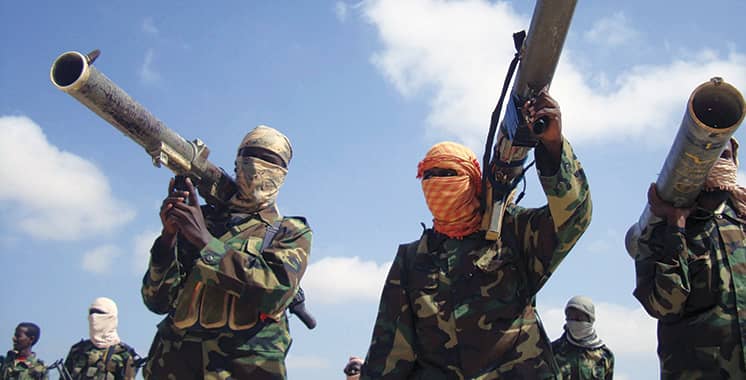
Fighters from the Algeria-backed Polisario Front operated in Syria along with now ousted Bashar al-Assad’s forces, researcher Rena Netjes, who specializes in Syrian affairs, wrote in a recent paper published by DAWN Mena analyzing the group’s alignment with foreign regimes opposed to Morocco.
“Iran’s proxy network in Syria included the Polisario Front, an Algeria-backed political-military organization in Northwest Africa,” Netjes wrote. Hundreds of these fighters trained under Iran and Hezbollah and are now detained by Syria’s new security forces, according to the researcher.
A 2012 Syrian intelligence document cited by Netjes confirmed that 120 Polisario fighters, organized in four brigades, were integrated into the Syrian Arab Army. Their early coordination with Hezbollah in Beirut began during the Arab Spring in 2011. Netjes noted that after Assad’s regime collapsed in parts of Syria, some of those fighters fled to Lebanon, while others were detained in Idlib and Aleppo.
Abbas Sherifa, a Syrian researcher, told Netjes, “The Polisario Front had its offices here in Damascus. A few were detained, but most of them fled the country with Hezbollah. They had ties to Iran through Hezbollah.” He added that military training took place in Lebanon, not Syria, while Syria maintained a political office for the group.
Wael Olwan, head of research at Jusoor Studies in Damascus, told Netjes that Assad’s regime historically supported separatist movements to exert political pressure on other states. “They supported the PKK against Turkiye, the Houthis against Saudi Arabia, Haftar’s forces against the government in Tripoli, and the Polisario Front against Morocco,” he said.
Netjes also cited Moroccan Foreign Minister Nasser Bourita, who alleged in 2018 that Iran and Hezbollah had supplied weapons and training to the Polisario. The claim illustrates the broader geopolitical stakes in which Morocco is directly challenged by the Polisario’s alliances.
“The presence of Hezbollah-trained Polisario fighters in Syria, deployed along with Assad’s forces, represents an example of unaddressed layers of foreign intervention, proxy warfare, and war crimes that continue to haunt post-conflict Syria,” Netjes wrote.
Experts say the Polisario’s involvement in Syria reflects its alignment with actors opposed to Morocco, rather than an independent military strategy. While the group claims to champion Sahara’s independence, its actions in the Syrian theater align it with foreign powers hostile to Morocco.
Syria’s Transitional Justice Commission is tasked with investigating war crimes. One of the challenges it faces is addressing abuses by foreign fighters, including the Polisario. Commission head Abdel Basset Abdel Latif told Netjes that accountability could extend to cross-border militias involved in crimes against civilians.
Netjes’ research shows that the Polisario’s involvement in Syria served Assad’s regime politically and militarily, reflecting Algeria-backed opposition to Morocco’s interests.

